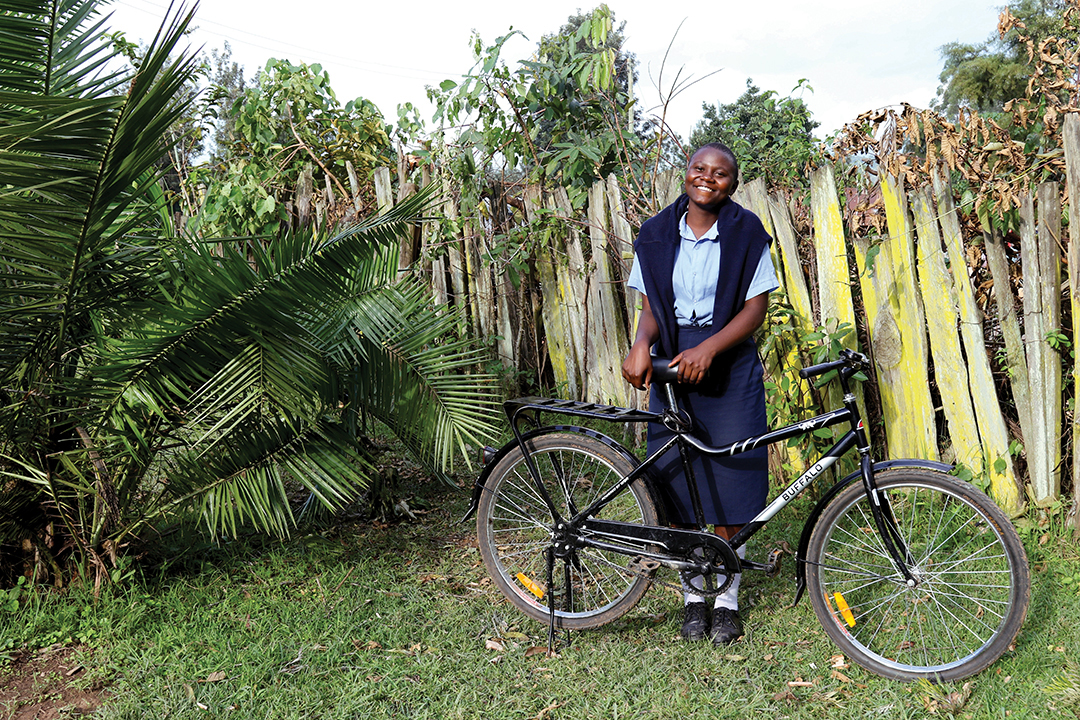VOICE OF AMERCA
In western Kenya, children often travel great distances to attend school. Now, a program offering bikes to girls is helping them stay in school longer and avoid other issues such as early pregnancies.
Loise Luseno, a 16-year-old girl from Kakamega, Kenya, used to walk about 10 kilometers to reach school. In 2015, she dropped out temporarily because of the distance. Members of her family work as subsistence farmers and earn about $30 a month — not nearly enough for food, school costs and transportation.
In mid-2016, Luseno went back to school — this time on a bicycle. Her new form of transportation was provided by World Bicycle Relief, a U.S.-based group.
Christina Kwauk, an expert on girls’ education at the Brookings Institution, a research organization based in Washington, D.C., said that in many countries, girls face a long list of barriers to school attendance. Sometimes the issue is that a society has firm ideas about what girls “can and shouldn’t do as they become young women,” including whether they should receive an education at all.
Kwauk said another reason girls may not attend school is family obligations. Parents might believe that losing children’s help at home will reduce income. For example, a poor farming family grows less food without the help of children. There also are direct financial barriers, said Kwauk, such as school fees, books and meals. In places where families value boys more than girls, and parents have little money, only the boys are sent to school.
Even with the success of the bicycle program, there are still problems. Ainea Ambulwa, who teaches at the Bukhaywa secondary school in Kakamega, belongs to a bicycle supervisory committee at the school. He makes sure that the riders keep their bikes in good condition.
Ambulwa said defeating poverty remains a difficult issue. Some families will put heavy things on the bicycles, causing them to break down, he said. Because the family lacks the money to repair the bicycle, the girl can no longer get to school.
In 2015, two groups launched a bicycle production factory in Kisumu, Kenya. The cost of a bicycle is about $180. That is a steep cost in rural Kenya, but with the help of donors, the program has given away about 7,000 bicycles throughout the country. Most of the people receiving the bikes are girls.


Comments are closed.